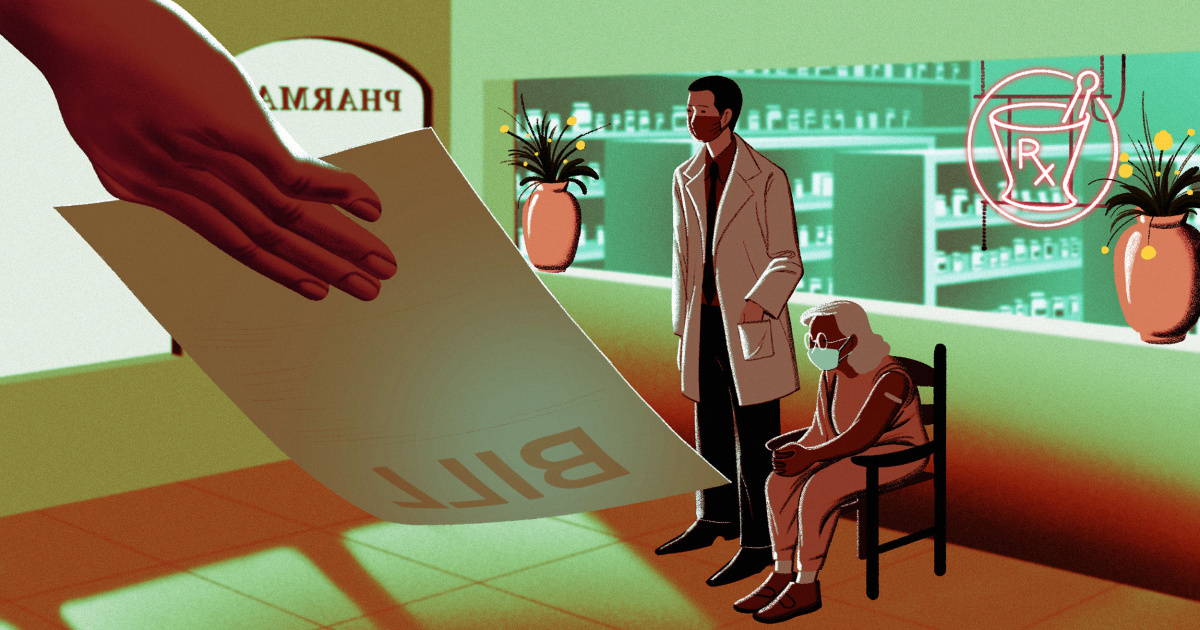You are here
 Small pharmacies are crucial to vaccine distribution. But it could cost them. “We're doing a tremendous amount of work to provide this vaccine compared to others, and the reimbursement this time should be simple and represent that," one pharmacist said. NBC News
Small pharmacies are crucial to vaccine distribution. But it could cost them. “We're doing a tremendous amount of work to provide this vaccine compared to others, and the reimbursement this time should be simple and represent that," one pharmacist said. NBC News Thousands of small pharmacies across the country were tapped by the Biden administration last week to stand on the front lines of the coronavirus pandemic and carry out vaccinations.
For each of these mom and pop pharmacies, that has meant investing huge sums of money to purchase freezers for vaccine storage, buying personal protective equipment, acquiring scheduling software, hiring additional staff or shuffling employees around to allow them to run vaccination clinics within their storefronts or in firehouses, parking lots and community centers.
It’s crucial work in slowing Covid-19 infection rates, but there is a growing problem: These small businesses are often not getting paid for the work and costs associated. The reason lies within a decades-old system of medical billing and insurance long left unaddressed by state governments and federal agencies.
If the policies aren’t tweaked soon, these small pharmacies could fall in their efforts to help end the yearlong pandemic.
“My entire career has been a scramble to try to make up the losses because the reimbursement model isn't good or healthy,” said Neal Smoller, who owns the Village Apothecary in Woodstock, New York. “We're doing a tremendous amount of work to provide this vaccine compared to others, and the reimbursement this time should be simple and represent that.”
As the piecemeal rollout of vaccinations continues, the Biden administration moved last week to fully partner with community pharmacies in an effort to reach more Americans.
That was the method used by West Virginia, which has received accolades for its swift rollout compared to other states that focused the majority of their vaccination efforts through central hubs. Small community pharmacies in West Virginia and states such as North Dakota and South Dakota have proven more agile and aware of their customer base, which helps with outreach and community trust.
The issue that pharmacists in 11 states said they have run into, however, is that they’re having difficulty billing insurance companies for their work because many insurance providers do not allow them to file for reimbursement outside of pharmacy benefits. Instead, vaccine dose administration falls under medical benefits. ...
To give a patient two shots of the Pfizer or the Moderna vaccinations, most pharmacies expect between $30 and $40 from insurance companies to cover their bills. Some, however, are just taking on financial losses because of the complexities of the insurance system and the insurance status they hold within it. ...
AND: What’s Up With Coronavirus Vaccines and CVS?



Recent Comments